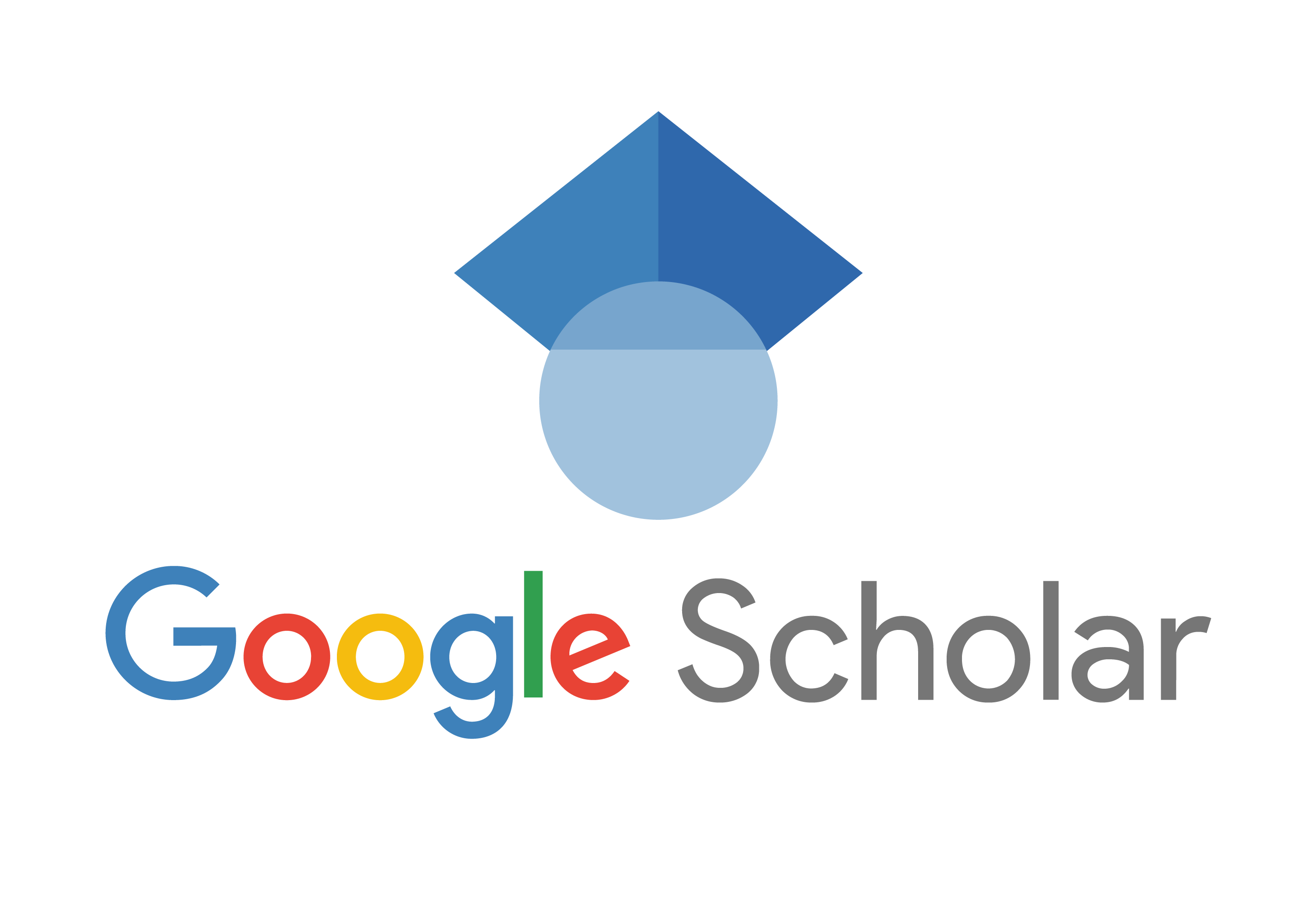Strategi Adaptif Kesehatan Mental Pekerja Pariwisata di Era Kecerdasan Buatan (AI)
DOI:
https://doi.org/10.56655/winco.v4i1.197Keywords:
adaptive strategies, artificial intelligence (AI), mental health, tourism industry, tourism employeeAbstract
The advent of Artificial Intelligence (AI) technology has intervened and transformed various sectors, including the tourism industry. The prowess of AI in swiftly and accurately processing information has brought about fundamental changes in the interaction between humans and technology. Despite AI's potential for efficiency and innovation, the psychological impact of AI on tourism employees has emerged as a significant concern. This research aims to bridge a gap in the literature by elucidating the adverse effects of AI on the mental health of tourism employees. Qualitatively, this study conceptually identifies diverse changes occurring within the ecosystem of the tourism workforce in the AI era, categorizes them into groups of challenges to mental health, and formulates adaptive strategies to mitigate these impacts. The findings underscore the necessity of a balanced approach between efficiency and psychological support, necessitating sustained support efforts. Collaboration among governmental bodies, industries, educational institutions, and experts is imperative to implement adaptive strategies through social support, work-life balance, and mental well-being monitoring, ensuring that the tourism industry is adequately prepared to confront the AI era, emphasizing the mental well-being of its workforce.
Downloads
Published
How to Cite
Issue
Section
License
Copyright (c) 2024 Imam Nur Hakim

This work is licensed under a Creative Commons Attribution 4.0 International License.





